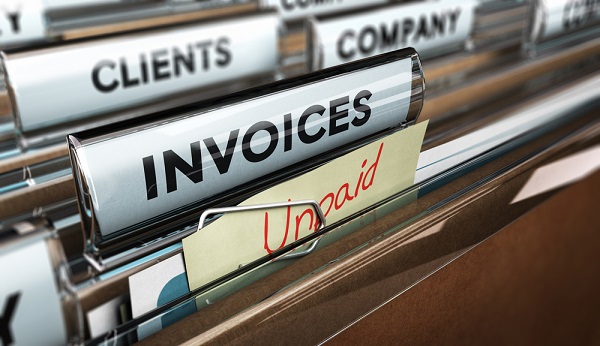It’s not too difficult for small businesses to manually process invoice data. Accountants have been manually capturing and entering accounting details into paper ledgers for decades. The thought of automating this process sounds more like a luxury than a necessity, but here’s why even the smallest business will benefit from automating this process.
1. Accuracy.
The components of automated invoice processing have come a long way. OCR software, for example, is more accurate than ever. The template-based OCR process is even more accurate.
According to data processing experts at Rossum, template-based OCR is superior because it captures data according to predefined rules and templates, which makes certain errors less likely. For example, data in a form field designated only for numbers won’t be mistaken for letters. The challenge is setting up the templates and rules for every kind of invoice your company receives. The more invoice formats you have, the harder it is to set up.
2. You might decide to sell your business in the future.
You might prefer using a paper ledger to manage outgoing payments, vendor receipts, and payment due dates. However, if you decide to sell your business in the future, having an automated system will be more enticing to buyers.
If you’re disorganized, a buyer will look at how much work it will take to get your financial system organized. If your finances are chaotic, undocumented, or full of errors, expect that to be a deal breaker. Disorganized financial records indicate a high chance the company isn’t profiting as much as it seems and experienced buyers won’t take that chance.
Potential buyers will also look for unpaid invoices to make sure clients aren’t racking up large bills that go unpaid. If you’ve been continuing to do business with a company long overdue on payments, a potential buyer will see that as a bad sign. An automated system will provide the transparency needed to show buyers your clients are paid up.
3. Unpaid invoices won’t slip through the cracks.
Any good financial system will prevent invoices from slipping through unpaid, but an automated system is superior. With an automated system, you won’t dread doing the work, so you’ll be more likely to handle invoices as they come in.
Without an automated system, you might end up with a pile of invoices sitting around that need to be processed. When you’re working with a pile, you have to remember to work through the stack. There will be some days when you won’t feel like processing invoices, and for a period of time may not notice when a client hasn’t paid in full.
4. You’ll catch unpaid/partially paid invoices sooner.
Unpaid invoices are tricky to collect. While late-paying clients know they owe you money, many will put off payment as long as possible. Most clients do this intentionally to make their numbers look good and will eventually pay. However, if a client isn’t encouraged to pay an overdue invoice promptly, they might decide not to pay at all.
5. Automated data processing makes manual work easier.
While you could rely solely on an automated data processing system, absolute accuracy requires some manual work. For instance, once invoice data is captured, sometimes a human should verify the data has been accurately entered.
Whether you need human input will depend heavily on your invoices. Invoices with intricate details will likely require human verification, while simple data is more reliable when processed through automatic systems.
6. You’ll have access to superior analytics and reporting.
Modern automatic invoice capturing solutions generally include analytics and reporting. This is data you can’t get from a manual system. With an automated solution, you’ll get reports on batch status, operator statistics, and even how accurately information is being extracted.
Analytics and reporting support data-driven decisions and help maintain healthy cash flow and working capital.
Automated invoice data capture is crucial for success.
If you’re ready to find an automated solution, you’re making the right choice. Before committing to a solution, make sure it can handle every invoice format you work with like PDF and MS Word files. Make sure the system will integrate with your invoice workflow solution to minimize manual tasks.
Most importantly, make sure your system utilizes the latest technology, like AI and machine learning, so you’ll continually get cutting-edge features without having to switch systems.
The post Why Every Small Business Needs An Automated Invoice Data Processing System appeared first on Young Upstarts.
from Young Upstarts https://ift.tt/2xofDw5 via website design phoenix


No comments:
Post a Comment